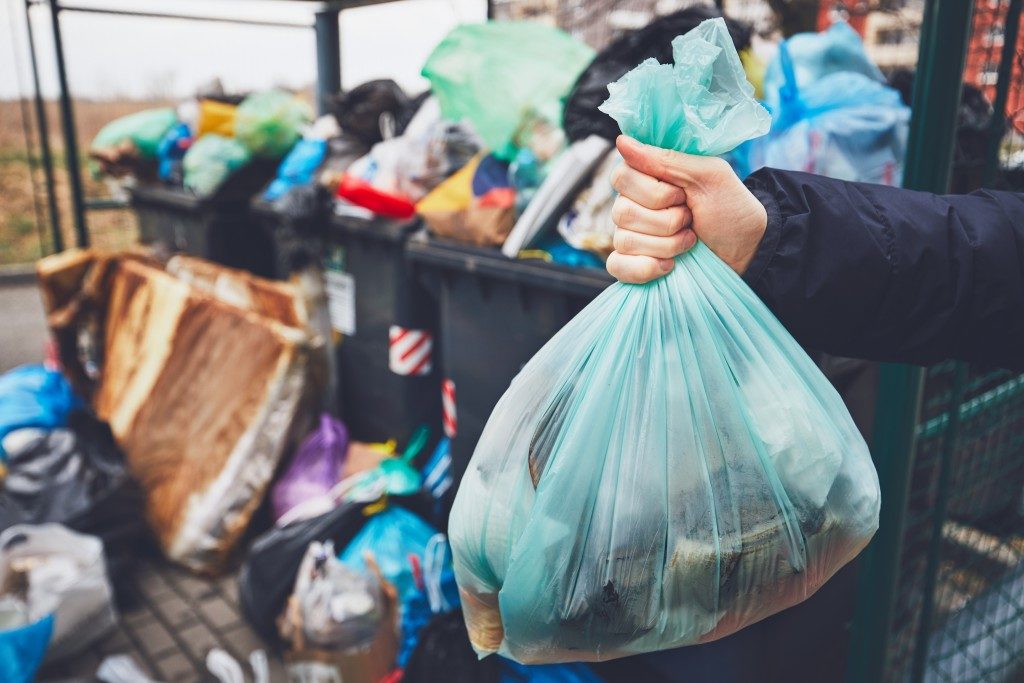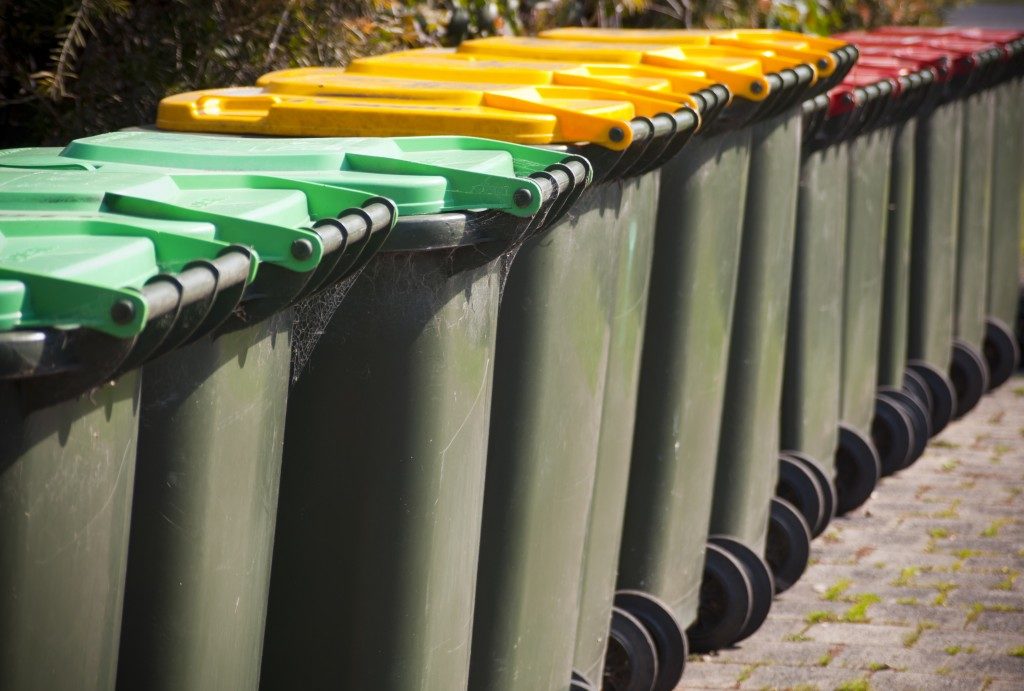Two hundred fifty-eight million tons of waste is generated in the U.S. annually. The increasing and improper waste management problem is so widespread that a lot of innovations and developments are taking place every day. Trends around the industry are constantly emerging, from implementing a new recycling program to improving an existing one. Everyone is trying to be a part of something. Here are five trends defining the industry in the coming years:
Advanced Technologies in Trash Containers and Equipment
One of the most exciting advancements in waste management is the development of new technologies that companies are continuing to make. This is a response to monetary, environmental, and consumer pressures. The waste industry has been a fairly low-tech industry for a number of years, but the innovations currently being done are affecting many aspects in the business, from processes, machinery, to physical containers such as dumpsters or roll-off bins in Orem. The new technologies are helping companies increase operational efficiency by reducing energy use and lowering costs.

Decentralized Waste Management Methods to Reduce Food and Organic Waste
The USDA calculates that the U.S. generates around 133 billion pounds of food waste at the retail and consumer levels. In an effort to offset this, cities and municipalities are requiring establishments and businesses to implement and enforce recycling efforts for all the food waste they generate. These programs help reduce the amount of food being disposed of to landfills.
Homeowners that care about the environment are also doing their share of reducing food waste by carrying out some waste management techniques. They sort trash and turn organic waste to compost heaps in their own homes on a small scale.
Ban on Plastics and Introduction of Alternatives
A trend that is likely to continue to increase is in regard to how we use plastics. It is now common knowledge that plastic items are finding their way into our ecosystems and they are a hazard, taking longer to biodegrade, harming wildlife, infiltrating our waters and soil, and causing floods in many areas of the world today. A number of countries, including some states in the U.S., have either started taxing single-use of plastic bags or completely banning them. The phase-out of unsustainable materials will continue in the future, and alternatives like biodegradable paper bags will be covering the gap.
Another key trend in waste management is the goal of generating zero waste. The average American throws out 4.4 billion pounds of trash to landfills every day. Zero Waste is a program focused on waste prevention by diverting all waste from being sent to landfills, incinerators, or the ocean. Many cities and companies are drawing plans and implementing programs to achieve Zero Waste status. They are adapting the “Four Rs Approach,” which means reducing, reusing, recovering, and recycling. Ultimately, the goal is to create a circular economy, a system where all resources are turned into a number of different products and nothing is disposed of.

